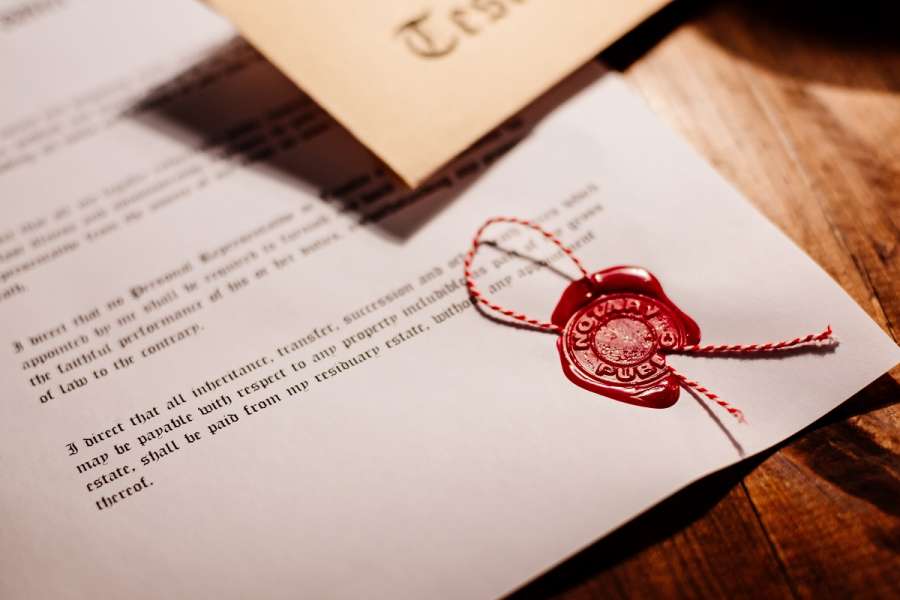Key Factors Affecting Will Validity
Understanding the key factors that influence the validity of a will is crucial for anyone involved in estate planning. Factors such as the testator's mental capacity, the presence of undue influence, and the proper execution of the document play significant roles in determining whether a will can withstand legal scrutiny.
For instance, a will may be deemed invalid if it is not signed according to state laws or if the testator was not of sound mind at the time of signing. Additionally, if there is evidence of coercion or manipulation by heirs or beneficiaries, this can also lead to legal challenges regarding the will's validity.
The Role of Witnesses in Will Execution
Witnesses play a vital role in the execution of a will, ensuring that the document is valid and legally binding. Typically, most states require at least two witnesses to observe the signing of the will, which helps to confirm the testator's intentions and mental state at the time of execution.
Failure to adhere to witness requirements can result in the will being contested in probate court. For example, if a will is signed without witnesses, or if the witnesses are found to be beneficiaries, this could lead to complications and potential invalidation of the will during probate proceedings.
Common Misconceptions About Wills
There are several common misconceptions about wills that can lead to confusion and potential legal issues. One prevalent myth is that a handwritten will is automatically valid, regardless of its format or the absence of witnesses. In reality, each state has specific laws governing will creation and execution.
Another misconception is that simply having a will means that one's estate will avoid probate. In fact, most estates must go through the probate process, even if a will is present, unless specific estate planning strategies, such as trusts, are utilized to bypass probate altogether.
Understanding the Probate Process Timeline
The probate process can often seem daunting, particularly when it comes to understanding the timeline involved. Typically, the probate process begins with filing the will in court and can take several months to years, depending on the complexity of the estate and any disputes that arise among heirs.
For example, the timeline may be extended if there are challenges to the will's validity or if the estate includes significant assets that require appraisal. Understanding this timeline is crucial for beneficiaries to manage expectations and prepare for the administrative tasks that lie ahead.

